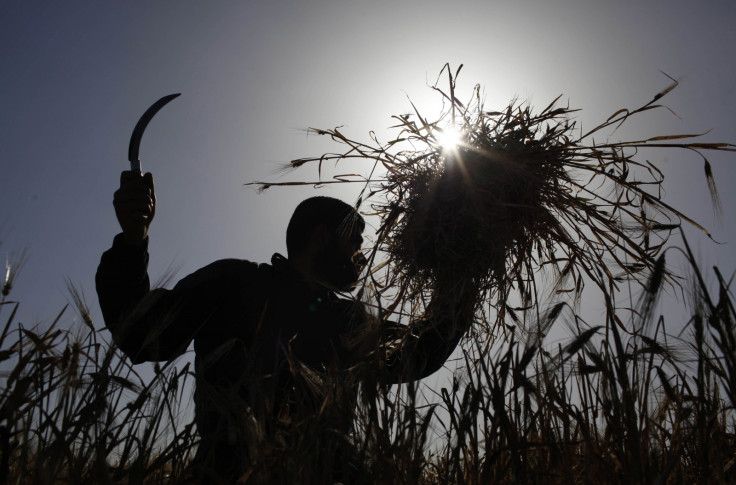Gaza Strip: UN Says Economy Left Devastated after Israel Campaign

Israel's Gaza offensive has badly damaged crops, herds and fishing in the Palestinian territory, the United Nations food agency has said.
Greenhouses and irrigation systems have also been ruined, halting food production and causing a spike in prices, the Food and Agriculture Organisation (FAO) said.
Almost all of Gaza's 1.8 million population had been left dependent on food aid, the Rome-based body said, adding that local farms would require significant long-term assistance to recover from the chaos.
"Under the most recent ceasefire many famers and herders are now able to access their lands, however resumption of food production faces serious obstacles," the FAO's Gaza-based Ciro Fiorillo said.
Specialists from the agency had made a number of field visits to the Palestinian territory as hostilities were temporarily halted, discovering water and electricity shortages and bomb damage. Uncertainty over a resumption in hostilities had also caused significant economic damage.
Food prices have spiked since Israel launched air strikes in early July, with staples like eggs and potatoes becoming dramatically more expensive for Palestinians.
The price of eggs has soared 40%, while tomatoes are now around 179% more expensive than before the conflict.
Gaza's 17,000 hectares of croplands had suffered substantially, with around half of the poultry population lost through a combination of direct shelling and a lack of feed and water, the FAO said.
Roughly 64,000 sheep and goats were in need of feed and water, while almost 10% of the annual catch had been lost during the period of hostility, the agency reported.
The FAO said it could embark on a programme of assistance for the sheep and goats and provide water tanks when a permanent ceasefire was reached.
Israel pulled ground troops from the Palestinian territory in early August but they have yet to agree to permanent ceasefire with the Hamas leadership that governs Gaza.
© Copyright IBTimes 2025. All rights reserved.






















